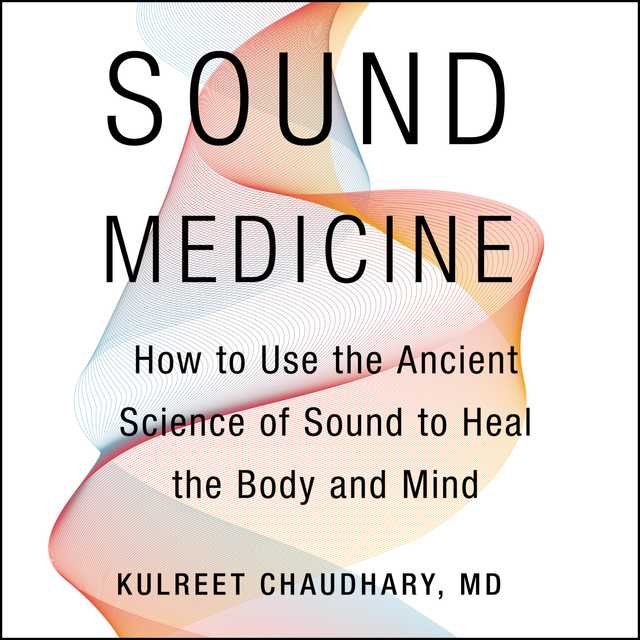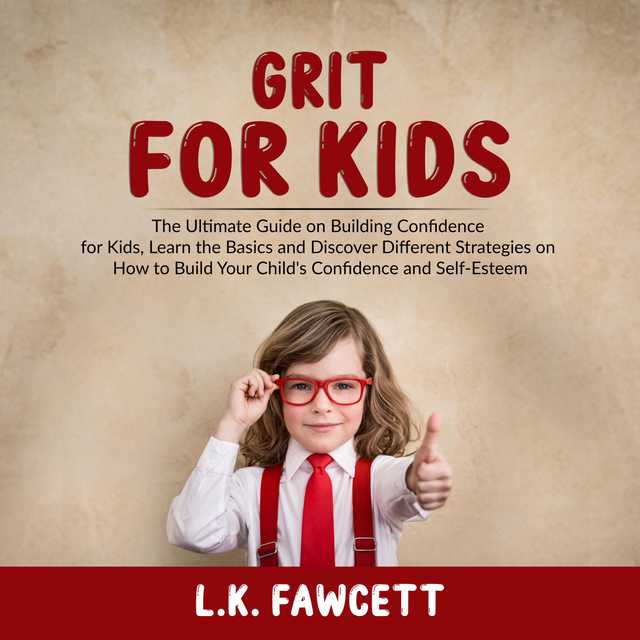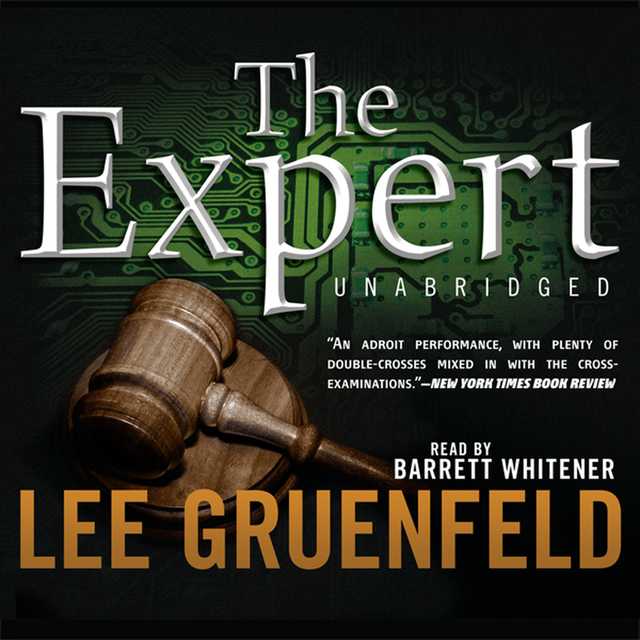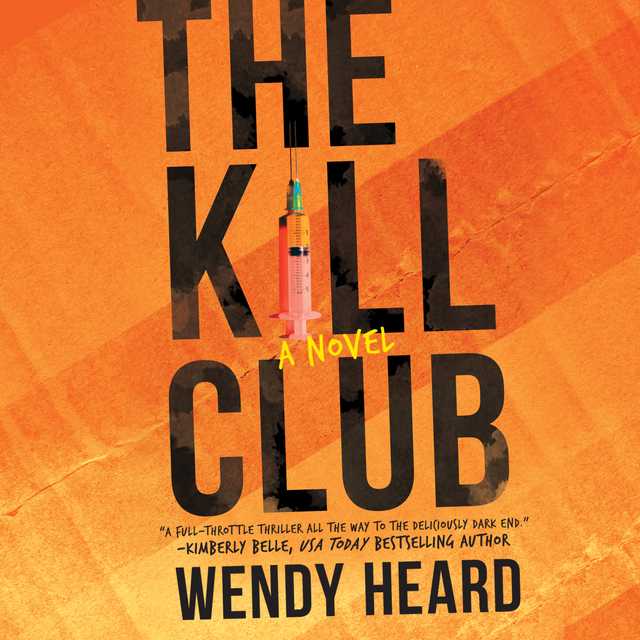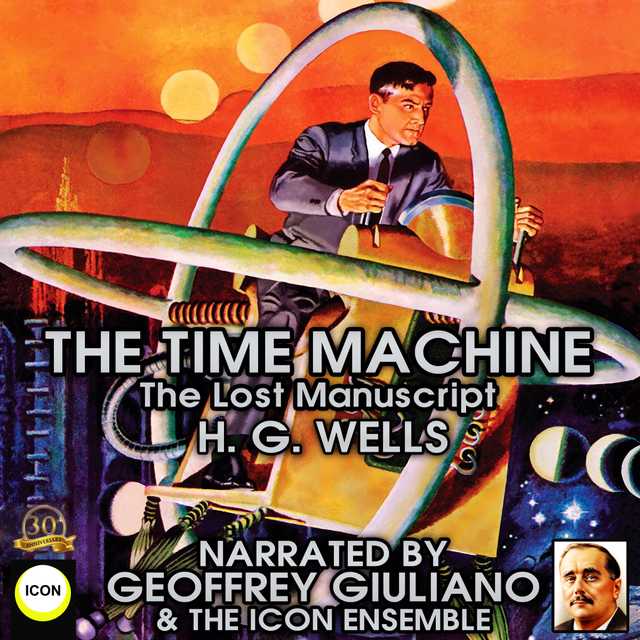Sound Medicine Audiobook Summary
From a leading neurologist, neuroscientist and practitioner of Ayurvedic medicine, comes a rigorous scientific investigation of the healing power of sound, showing readers how they can use it to improve their mental and physical wellbeing.
Why does a baby’s cry instantaneously flood a mother’s body with a myriad of stress hormones? How can a song on the radio stir up powerful emotions, from joy to anger, regret to desire? Why does sound itself evoke such primal and deeply felt emotions?
A vibration that travels through air, water and solids, sound is produced by all matter, and is a fundamental part of every species’ survival. But there is a hidden power within sound that has only just begun to be investigated. Sound Medicine takes readers on a journey through the structure of the mouth, ears, and brain to understand how sound is translated from acoustic vibrations into meaningful neurological impulses. Renowned neurologist and Ayurvedic expert Dr. Kulreet Chaudhary explains how different types of sound impact the human body and brain uniquely, and explores the physiological effects of sound vibration, from altering mood to healing disease.
Blending ancient wisdom with modern science, Dr. Chaudhary traces the history of sound therapy and the use of specific mantras from previously unknown texts–traced back to the Siddhas, a group of enlightened yogis who created a healing tradition that served as the precursor to Ayurvedic medicine–to explain the therapeutic application of sounds for a wide range of conditions. Sound Medicine offers practical, step-by-step lessons for using music and mantras, whether you’re a beginner or searching for a more advanced practice, to improve your health in body, mind, and spirit.
Supplemental enhancement PDF accompanies the audiobook.
Other Top Audiobooks
Sound Medicine Audiobook Narrator
Soneela Nankani is the narrator of Sound Medicine audiobook that was written by Kulreet Chaudhary
Dr. Kulreet Chaudhary is an integrative neurologist, neuroscientist, and the former director of Wellspring Health at Scripps Memorial Hospital. She received her Internship in Internal Medicine at UCLA and her Neurology Fellowship from UCSD. She has participated in over twenty clinical research studies in the areas of multiple sclerosis, Alzheimer’s disease, Parkinson’s disease, ALS, and diabetic peripheral neuropathy. She is currently the head of Sri Narayani Ayurvedic Centre in Tamil Nadu, India where she is not only implementing the use of sound medicine into the treatment of chronic disease, but also studying the ancient Siddha texts that have been hidden from public view for centuries.
About the Author(s) of Sound Medicine
Kulreet Chaudhary is the author of Sound Medicine
More From the Same
- Author : Kulreet Chaudhary
- The Prime
- Publisher : HarperAudio
- Abraham
- American Gods [TV Tie-In]
- Dead Ringer
- House of Sand and Fog
- Prey
Sound Medicine Full Details
| Narrator | Soneela Nankani |
| Length | 7 hours 26 minutes |
| Author | Kulreet Chaudhary |
| Category | |
| Publisher | HarperAudio |
| Release date | March 10, 2020 |
| ISBN | 9780062899040 |
Subjects
The publisher of the Sound Medicine is HarperAudio. includes the following subjects: The BISAC Subject Code is HEALTH & FITNESS, Hearing & Speech
Additional info
The publisher of the Sound Medicine is HarperAudio. The imprint is HarperAudio. It is supplied by HarperAudio. The ISBN-13 is 9780062899040.
Global Availability
This book is only available in the United States.
Goodreads Reviews
Bernie
January 03, 2020
The Longfellow poem “There Was a Little Girl” has a line that says, “…When she was good, She was very good indeed, But when she was bad she was horrid.” That’s kind of how I felt about this book. At its best, it reports findings about how practices involving sound (i.e. mantra chanting) effect health and well-being, and lends insight into why sound sooths. At its worst, it tries to sledgehammer the square peg religious / spiritual practices into the round hole of quantum physics and foundational physics, often engaging in leaps that are at best wildly speculative, while presenting them as though they are as likely as not. My favorite professor from undergraduate studies was a folksy Religious Studies Professor who cautioned against two opposing fallacies. The first he called “the outhouse fallacy.” This is assuming that because people of the past didn’t have indoor plumbing that they were complete idiots. Let me first say that, until recently, yoga (and other complementary health practices) suffered its fair share from this fallacy among doctors and the scientific community who felt that it couldn’t possibly help with health and well-being because it wasn’t rooted in the latest scientific findings. However, there is an opposing fallacy that my teacher called the “firstest-is-bestest” fallacy, which assumes the ancients figured it all out and we are just bumbling around in the dark hoping to stumble back into what they once knew. Scientists are prone to the first fallacy and the second is rife among religious folk. As a medical doctor who turned to siddha yoga (a form that puts a great deal of belief in superpowers and magic), Chaudhary had a rough road to not fall into one of these fallacies and, in my opinion, she falls more into the second -- sounding at times like the ancient yogis knew more about the subatomic world and consciousness than science ever will. Most of the time, she words statements so that a careful reader can recognize what is well-supported and what is speculative, but she’s rarely explicit about the degree to which speculations are such, and I don’t remember an instance in which she presented an alternative that would undermine her argument. (i.e. The unstated argument seems to be that mantra is special among practices, that its usefulness is embedded in the fundamental physical laws of the universe, and, therefore, that it works by mechanisms unlike other meditative / complementary health practices [i.e. by engaging the parasympathetic nervous system so the body can make repairs using established biological mechanisms.]) In a nutshell, there is a “god in the gaps” approach to the book that says, look we don’t understand consciousness or all the “whys” of quantum mechanics, ergo there must be supernatural explanations. I don’t think that because we’ve used EEG since the 1920’s and fMRIs since the 1990’s and still haven’t yet unraveled the hard problem of consciousness that we need to say that god / supernatural forces are where we must look for explanation. The gap is ever closing, slowly but surely, and there’s no reason to believe it’s reasonable or useful to cram commentary from Vedas (or any other scriptures) to fill the gap. It's not only the science where Chaudhary presents a belief as though it is established truth without alternative explanations. Early on, she states that colonization is the reason for the decline of meditation in India. Don’t get me wrong, I’m as accepting that colonization resulted in a great number of evils as anyone, but it’s a leap to say that – therefore – every negative a society faces is because of its colonizer. I would point to Thailand, a society that was never colonized (except a brief period by the Burmese) and which is primarily made up of Theravadan Buddhists (a system for which meditative practice is considered central,) most of whom also do not meditate regularly today. I suspect a more logical explanation for the fact that most Indians don’t meditate today is that: a.) it’s hard work and time consuming (as a productive endeavor it’s not bread-winning and as a leisure time activity it’s laborious,) and b.) the majority of Indians (like the majority of Thais) probably never mediated. (When we look back in time, we often want to create this wholesome and uniform image that what we have writings about was how everyone lived, and that probably never reflects the truth.) So now that my rant is over, I should say that I didn’t think this book was horrible, by any means. It has a lot of good information, and some of the speculative bits offer interesting food for thought. As long as one reads it carefully and with a healthy dose of skepticism, it’s a beneficial consideration of sound and vibration in health and well-being. It’s just that when I compare it to, say, Davidson and Goleman’s “The Science of Meditation” (which I reviewed recently) this book is far less careful about presenting the science, eliminating pseudo-science, and letting the reader know what is controversial and speculative versus what is well-supported by sound and rigorous investigation.
Totos
May 21, 2022
Maybe this is one of the most important books I have ever read. Using the mantra, I found strange and interesting things occurring. I catapulted forward in my meditation practice and that took me by surprise. I already have a mantra from my teacher, which I use for my twice daily TM practice, and the author does not advise using any of the mantras in the book if that is the case. However she waited till the last pages to say such a thing and now I’ve already started chanting the chakra mantra too. It is very strong. I do it for 10 mins before bed and my sleep is better. I will need to reflect on the mantra practice as the author herself was given a single mantra as a child but moved on to the chakra mantra so perhaps it is actually ok for me to do that…. Eeesh! Either way the chakra mantra is pretty magical.
Emily
April 24, 2020
I picked up this book already inclined to like it as I've had a mantra practice for several years now that is very meaningful to me. I thought it would be interesting to learn the "science" behind why it works. And it was, to a degree. I understand completely why Dr. Chaudhary would write this book for those of us in the Western world. We are not at all accustomed to accepting scientific phenomenon without a biological mechanism. But, it turns out for me, the proof is in the pudding....in how chanting mantra makes me feel. I really don't care how it works because I know it does. So, yes, read this if you feel the need to know "why". And then dive in to learn that it doesn't really matter.
Linda
September 12, 2021
This book contains a lot of information and it would deserve multiple read through to be able to fully get the most benefit from it.It explain the journey of the author between western and eastern medicine and how her life was influenced by meditation. It has basically aims at creating a bridge between different source of knowledge and explain eastern medicine in a more scientific way while still keeping the "faith" part of it. It is a very interesting read. The last part gives more practical explanation how to apply the sound medicine to your own healing and life using mantra meditation.
Keith
October 28, 2022
interesting background to sound and affecting healthinteresting background to sound and affecting health. Give many details of the meaning of sacred mantra's. Proposes updating allopathic practices to be more perceptive and inclusive.
Katherine
January 02, 2022
Very interesting reading.
Erica
November 17, 2020
527
Zita
February 07, 2022
Another book from Dr. Chaudhary with simple, easy-to-understand and practical explanations of complex topics.
Joseph
July 27, 2020
Well written, easy to read. This is the book I've been looking for as an introduction to the use of mantras.
Most Popular Audiobooks
Frequently asked questions
Listening to audiobooks not only easy, it is also very convenient. You can listen to audiobooks on almost every device. From your laptop to your smart phone or even a smart speaker like Apple HomePod or even Alexa. Here’s how you can get started listening to audiobooks.
- 1. Download your favorite audiobook app such as Speechify.
- 2. Sign up for an account.
- 3. Browse the library for the best audiobooks and select the first one for free
- 4. Download the audiobook file to your device
- 5. Open the Speechify audiobook app and select the audiobook you want to listen to.
- 6. Adjust the playback speed and other settings to your preference.
- 7. Press play and enjoy!
While you can listen to the bestsellers on almost any device, and preferences may vary, generally smart phones are offer the most convenience factor. You could be working out, grocery shopping, or even watching your dog in the dog park on a Saturday morning.
However, most audiobook apps work across multiple devices so you can pick up that riveting new Stephen King book you started at the dog park, back on your laptop when you get back home.
Speechify is one of the best apps for audiobooks. The pricing structure is the most competitive in the market and the app is easy to use. It features the best sellers and award winning authors. Listen to your favorite books or discover new ones and listen to real voice actors read to you. Getting started is easy, the first book is free.
Research showcasing the brain health benefits of reading on a regular basis is wide-ranging and undeniable. However, research comparing the benefits of reading vs listening is much more sparse. According to professor of psychology and author Dr. Kristen Willeumier, though, there is good reason to believe that the reading experience provided by audiobooks offers many of the same brain benefits as reading a physical book.
Audiobooks are recordings of books that are read aloud by a professional voice actor. The recordings are typically available for purchase and download in digital formats such as MP3, WMA, or AAC. They can also be streamed from online services like Speechify, Audible, AppleBooks, or Spotify.
You simply download the app onto your smart phone, create your account, and in Speechify, you can choose your first book, from our vast library of best-sellers and classics, to read for free.
Audiobooks, like real books can add up over time. Here’s where you can listen to audiobooks for free. Speechify let’s you read your first best seller for free. Apart from that, we have a vast selection of free audiobooks that you can enjoy. Get the same rich experience no matter if the book was free or not.
It depends. Yes, there are free audiobooks and paid audiobooks. Speechify offers a blend of both!
It varies. The easiest way depends on a few things. The app and service you use, which device, and platform. Speechify is the easiest way to listen to audiobooks. Downloading the app is quick. It is not a large app and does not eat up space on your iPhone or Android device.
Listening to audiobooks on your smart phone, with Speechify, is the easiest way to listen to audiobooks.

